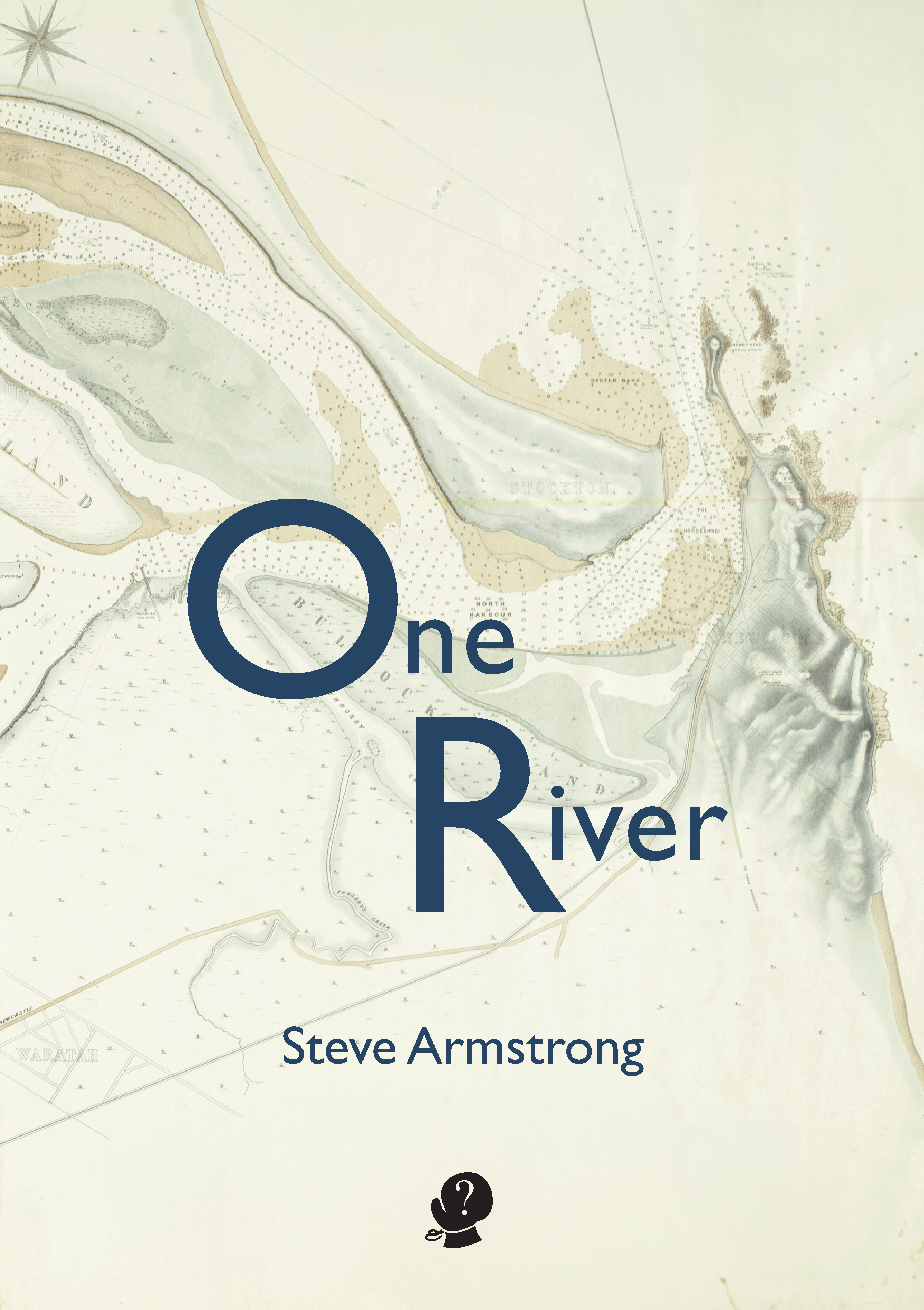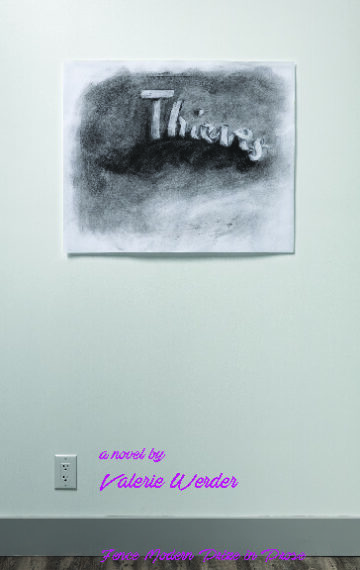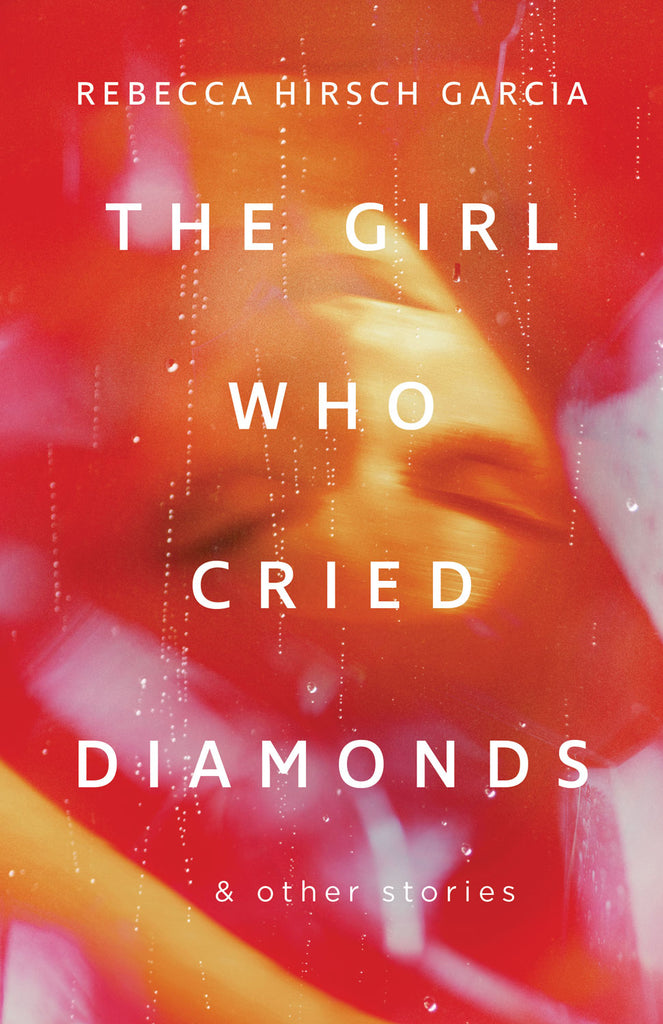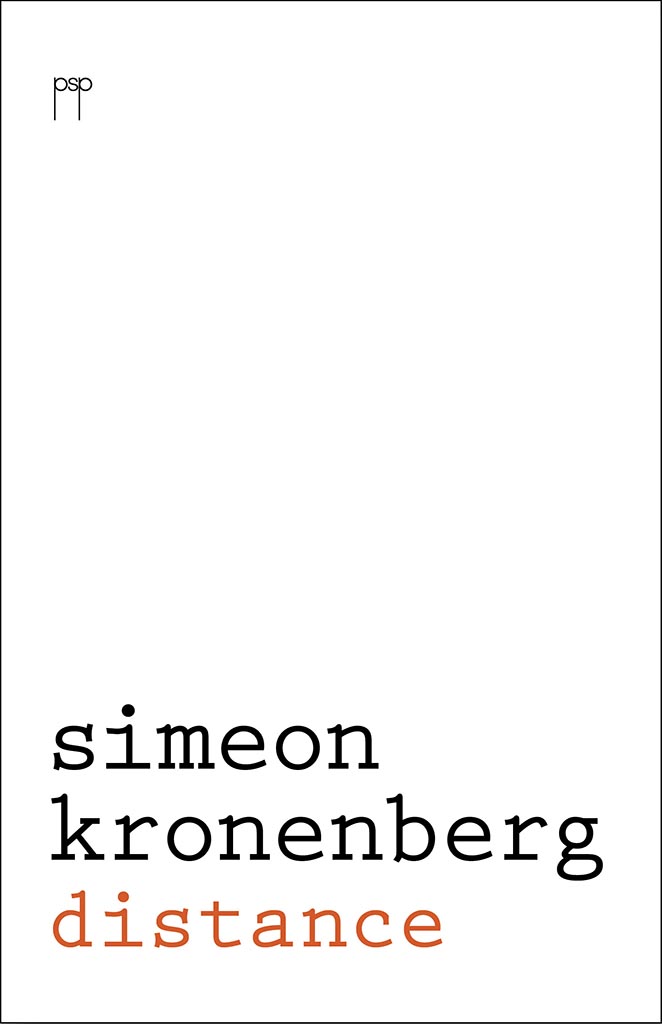 As a protagonist, Lily is not easy to love. She isn’t down to earth and feisty like a Jane Austen heroine or destitute and virtuous like one of Thomas Hardy’s. She is vain, materialistic, and small-minded. She obsesses over clothes, incomes, and table settings, and is cruel to the friends whose modest means render them socially useless to her.
As a protagonist, Lily is not easy to love. She isn’t down to earth and feisty like a Jane Austen heroine or destitute and virtuous like one of Thomas Hardy’s. She is vain, materialistic, and small-minded. She obsesses over clothes, incomes, and table settings, and is cruel to the friends whose modest means render them socially useless to her.
Category: Book Reviews
Book Reviews
New giveaway!
 We have a copy of Tandem by Andy Mozina to give away!
We have a copy of Tandem by Andy Mozina to give away!
To win, sign up for our Free Newsletter on the right-hand side of the site and enter via the newsletter. Winner will be chosen by the end of December from subscribers who enter via the newsletter. Good luck!
A review of Transcript of the Disappearance, Exact and Diminishing by Lynn Emanuel
 In what may be in the voice of the Coronavirus talking to the poet, she writes in “Plague’s Monologue,”: “I erased the world so nothing can find it…” and concludes the piece, “…there is no limit to my appetite, my lust, my zeal for emptiness. But I know you—and you have kept a transcript of the disappearance.”
In what may be in the voice of the Coronavirus talking to the poet, she writes in “Plague’s Monologue,”: “I erased the world so nothing can find it…” and concludes the piece, “…there is no limit to my appetite, my lust, my zeal for emptiness. But I know you—and you have kept a transcript of the disappearance.”
A review of Bleedings by Gabriele Tinti
 Poetry is this ability to transcend, to cross through the masks that feed the comedy, living bulimically on illusions; it is looking beyond what appears, entering the shadow, listening to the unspeakable until the original silence while keeping the wound always open because we need to be there, close to the blade,/ at the mercy of pain, letting that blood, which is life, flow. Hence, bleeding as an opening, as the only possibility of existence.
Poetry is this ability to transcend, to cross through the masks that feed the comedy, living bulimically on illusions; it is looking beyond what appears, entering the shadow, listening to the unspeakable until the original silence while keeping the wound always open because we need to be there, close to the blade,/ at the mercy of pain, letting that blood, which is life, flow. Hence, bleeding as an opening, as the only possibility of existence.
A review of Balmain Contemplations by Noel Jeffs
 This system of imagery is woven with religious associations of annunciation or resurrection, but with an innocent freshness that removes too much knowingness or didactic artifice. The quote on the back cover is Proust’s observation that the real voyage of discovery is not travelling but seeing newly. One should observe at this point that to see something as if for the first time is not the same as seeing it once again differently, and that these two things have a separate poetic function.
This system of imagery is woven with religious associations of annunciation or resurrection, but with an innocent freshness that removes too much knowingness or didactic artifice. The quote on the back cover is Proust’s observation that the real voyage of discovery is not travelling but seeing newly. One should observe at this point that to see something as if for the first time is not the same as seeing it once again differently, and that these two things have a separate poetic function.
A review of One River by Steve Armstrong
 Haibun is the perfect form for these reflections, combining prose and poetry to create a work that is both descriptive/educational and deeply intimate. Armstrong has replaced the traditional Haiku of Haibun with the Korean Sijo which allows for double the line length and extra syllables, with a focus on the rich nature of the spaces he’s inhabiting. The result is quite beautiful, inviting the reader to join in both the descriptive amble and the poetic pauses of the Sijo creating a space for connection.
Haibun is the perfect form for these reflections, combining prose and poetry to create a work that is both descriptive/educational and deeply intimate. Armstrong has replaced the traditional Haiku of Haibun with the Korean Sijo which allows for double the line length and extra syllables, with a focus on the rich nature of the spaces he’s inhabiting. The result is quite beautiful, inviting the reader to join in both the descriptive amble and the poetic pauses of the Sijo creating a space for connection.
A review of The Iliad translated by Emily Wilson
 In summary, Emily Wilson’s translation of The Iliad is a tour de force that navigates the fine line between faithfulness to the original and contemporary relevance. While some critics accuse her of excessive modernization, these criticisms often overlook her intent: to make this epic tale accessible to a broader audience without sacrificing its original integrity.
In summary, Emily Wilson’s translation of The Iliad is a tour de force that navigates the fine line between faithfulness to the original and contemporary relevance. While some critics accuse her of excessive modernization, these criticisms often overlook her intent: to make this epic tale accessible to a broader audience without sacrificing its original integrity.
A review of Thieves by Valerie Werder
 Ostensibly Thieves is Valerie’s coming-of-age as she works through and try to escape the constraints of her upbringing and the world in which she lives. The story appears progress in more or less linear ways, however, there is a recursiveness that functions almost as a Möbius strip where time loops around itself and the endpoint of the work is not so much Valerie’s transition as the work itself.
Ostensibly Thieves is Valerie’s coming-of-age as she works through and try to escape the constraints of her upbringing and the world in which she lives. The story appears progress in more or less linear ways, however, there is a recursiveness that functions almost as a Möbius strip where time loops around itself and the endpoint of the work is not so much Valerie’s transition as the work itself.
A review of The Girl Who Cried Diamonds & Other Stories by Rebecca Hirsch Garcia
 But regardless of genre, these character-driven pieces explore uncomfortable truths and show how patriarchal power structures encourage violence against women, physical and psychological. Each story has new characters confronting different forms of abuse and betrayal. Two high schoolers dealing with body issues bully each other with a mix of fascination and revulsion.
But regardless of genre, these character-driven pieces explore uncomfortable truths and show how patriarchal power structures encourage violence against women, physical and psychological. Each story has new characters confronting different forms of abuse and betrayal. Two high schoolers dealing with body issues bully each other with a mix of fascination and revulsion.
A review of Distance by Simeon Kronenberg
 It is interesting to note the variety of styles that the poet utilises in this collection. Some of the poems are “persona” poems like one titled “Akhenaten to Smenkhkare” in which the speaker takes the identity of the Pharoah, some are descriptive, and others in narrative mode, always utilising a good range of literary techniques and poetic devices. Some of the poems are made of simple lines but loaded with meaning.
It is interesting to note the variety of styles that the poet utilises in this collection. Some of the poems are “persona” poems like one titled “Akhenaten to Smenkhkare” in which the speaker takes the identity of the Pharoah, some are descriptive, and others in narrative mode, always utilising a good range of literary techniques and poetic devices. Some of the poems are made of simple lines but loaded with meaning.